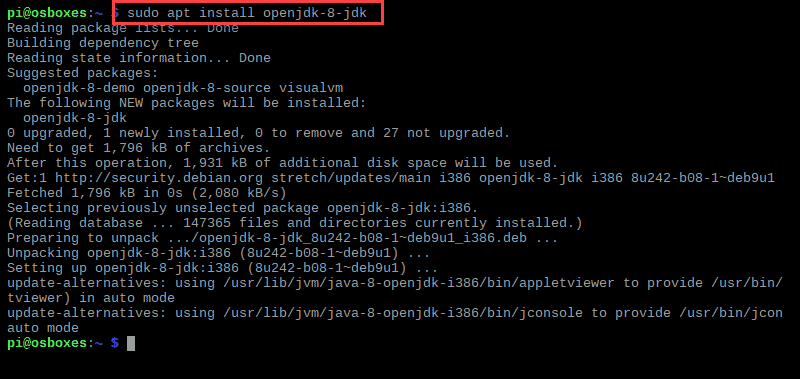
*The following packages could receive security updates with UA Infra: ESM service enabled: The following package was automatically installed and is no longer required:Ġ uuendatud, 0 värskelt paigaldatud, 0 eemaldada ja 0 uuendamata. Perhaps I missed something, but that's where I'm stopping this investigation. Here again, both binaries with either command perform the same steps. Resolver_fail = APT::Upgrade::Upgrade(Cache, UpgradeMode, &Progress) If (distUpgradeMode = true || UpgradeMode != APT::Upgrade::ALLOW_EVERYTHING) Later in the callstack there's this interesting part in DoCacheManipulationFromCommandLine() line 681: bool const distUpgradeMode = strcmp(CmdL.FileList, "dist-upgrade") = 0 || strcmp(CmdL.FileList, "full-upgrade") = 0 The DispatchCommandLine function then ends up calling the DoDistUpgrade handler. _config->MoveSubTree(conf.c_str(), nullptr) applies options prefixed by Binary::apt::apt or Binary::apt::apt-get depending on the binary used. Theĭownloaded debs will be kept in the cache directory after theyīinar圜ommandSpecificConfiguration(argv, CmdCalled) both binaries do the same thing for all these commands: "upgrade", "dist-upgrade", "full-upgrade". Please note that the behavior of apt-get is unchanged. Removed from the /var/cache/apt/archives cache directory. This is an actual difference between apt and apt-get and is explained in the NEWS file:Īfter packages are successfully installed by apt(8), APT::Keep-Downloaded-Packages = false.
Raspberry pi sudo apt get update all upgrade#
This is documented in apt's manual, but the impact here is only on the upgrade command. That's the -with-new-pkgs option to apt-get enabled by default. apt has these meaningful default options that are different to apt-get: PkgInitConfig(**Cnf): all cases use the extern Configuration *_config global variable.īinarySpecificConfiguration(argv): now this is interesting.
Raspberry pi sudo apt get update all code#
InitLocale(Binary): same code for all cases.

The function does these steps where the command line could have an impact: The ParseCommandLine function is used for both binaries. The code is much less straightforward than I expected because there are a number of layers to consider and global variables, but let's have a look. Bonus raised a good point that DoDistUpgrade could act differently based on the binary used (i.e. deb package files will be removed from the /var/cache/apt/archives cache directoryĪPT::Keep-Downloaded-Packages can control this behavior for apt-get. This part of apt's cmdline/apt.cc proves it: static std::vector GetCommands() /*,įor both apt and apt-get, full-upgrade and dist-upgrade both refer to the same DoDistUpgrade function and therefore do the same thing except that apt has a different default option here:Īfter packages are successfully installed by apt(8), the corresponding.


 0 kommentar(er)
0 kommentar(er)
